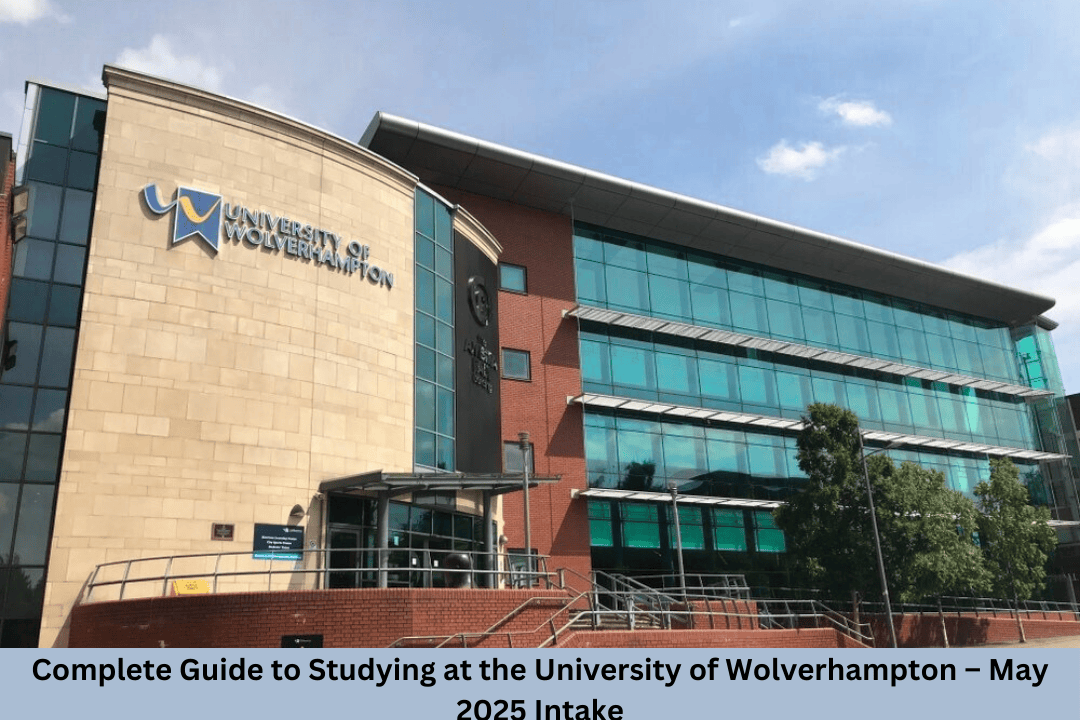Introduction
The United Kingdom is a popular destination for international students seeking to further their education. However, obtaining a study visa for the UK can sometimes be a challenging process, and many applicants face visa refusals for a variety of reasons. If you are rejected for a UK study visa, there are several avenues available for challenging the decision, including administrative review, judicial review, and appeals. In this blog post, we will provide a detailed guide on each of these processes, explaining the procedures, remedies available, and the grounds for rejection in each case.
Administrative Review of UK Study Visa Rejection
What is Administrative Review?
Administrative Review is a process where an applicant can challenge the refusal of their UK study visa on the grounds of an error in the decision-making process. This process does not involve a hearing or a new decision but is a review of the original decision by a senior caseworker.
Procedure for Administrative Review
If your UK study visa application is refused, you can request an administrative review if the decision was made under the Points-Based System (PBS), including Tier 4 student visas. This is done by submitting a request for administrative review within 28 days of receiving your refusal notice.
- Request: You will need to fill out a specific administrative review form available on the UK government’s website.
- Payment: There is typically a fee for the review, which can be found on the official website at the time of your application.
- Supporting Documents: Ensure you provide any new or missing documents that might rectify the reasons for your refusal.
- Review Process: A senior caseworker reviews the decision. They will assess whether there was an error in the decision-making process, for example, if your documents were misinterpreted or if there was an issue with the application of immigration rules.
- Outcome: After the review, you will be informed whether the original decision will be upheld or overturned. If the decision is upheld, the refusal remains, but if overturned, your application may be granted.
Grounds for Administrative Review
Grounds for administrative review may include:
- Misapplication of immigration rules.
- Incorrect assessment of documents.
- Mistakes in the calculation of points under the Points-Based System.
- A failure to consider supporting documents or information provided by the applicant.
Remedies Available After Administrative Review
If your application for administrative review is unsuccessful, you have several options:
- Judicial Review (discussed later).
- Appeal (if applicable).
Other Remedies Available After Administrative Review
If the decision remains unchanged after administrative review and there are still grounds for further action, other remedies include:
- Reapplication: In some cases, applicants can reapply for a UK study visa with fresh documents or an updated application that addresses the previous concerns.
- Appeal: If your refusal falls under the circumstances where appeals are allowed (for example, based on human rights or other exceptions), you can submit an appeal (more on this below).
Judicial Review of UK Study Visa Rejection
What is Judicial Review?
Judicial Review is a process through which you can challenge a decision made by a public body, such as the Home Office, in a court of law. It does not involve reviewing the merits of the decision but rather examines the legality of the decision-making process.
Procedure for Judicial Review
Judicial review is typically pursued when an applicant feels that their administrative review has been unfair, or the decision was made unlawfully. Here’s the procedure:
- Pre-action Protocol: Before applying for judicial review, you must first follow the pre-action protocol, which includes contacting the Home Office to outline the grounds for your case. This is required in most cases, as it provides an opportunity for the Home Office to reconsider their decision without the need for court intervention.
- Filing the Claim: If the Home Office does not change their decision, you can file for judicial review. This is done in the High Court, where you will present the grounds for the review.
- Permission Stage: A judge will first decide if the judicial review should proceed. You must demonstrate that you have an arguable case and that the decision made was either illegal, irrational, or procedurally flawed.
- Hearing: If permission is granted, the case proceeds to a full hearing where the judge will consider whether the decision was unlawful or unjust.
- Outcome: If the judge rules in your favor, the court may either quash the refusal decision, send the case back for a reconsideration, or issue a directive for the Home Office to act differently. If unsuccessful, the decision remains unchanged.
Grounds for Judicial Review
Grounds for judicial review may include:
- Illegality: The decision was made outside the scope of the law or rules.
- Irrationality: The decision made was so unreasonable that no reasonable decision-maker could have come to it.
- Procedural Impropriety: The process of making the decision was flawed (e.g., failure to consider key evidence or procedural mistakes).
Appeal Process in UK Study Visa Rejection
When Can You Appeal?
The appeal process allows you to challenge a UK study visa refusal in specific circumstances. However, not all visa refusals are eligible for an appeal. The most common cases for appeal are:
- If you are refused based on human rights grounds (e.g., family or personal circumstances).
- If the refusal falls under the scope of the Immigration (Leave to Enter and Remain) Rules that allow for an appeal.
If eligible, you will receive a Right of Appeal from the Home Office, allowing you to appeal to the First-tier Tribunal (Immigration and Asylum Chamber).
Procedure for Appeal
- Notice of Appeal: You will need to complete an appeal form and submit it to the relevant tribunal. You will usually have 14 days from receiving the refusal decision to submit your appeal.
- Grounds for Appeal: Your appeal must include specific grounds on which you are contesting the decision. You should explain why the refusal was incorrect and provide supporting evidence.
- Hearing: If the appeal is accepted, a hearing will take place in front of a judge who will consider the evidence and arguments presented. You may also have the opportunity to provide further evidence.
- Decision: The judge will either allow the appeal, meaning your visa will be granted, or dismiss the appeal, meaning the refusal stands.
Grounds for Appeal
Grounds for appeal may include:
- Mistake of fact: The decision-maker misunderstood or misinterpreted facts.
- Error in the application of the law: The decision was made based on incorrect legal principles.
- Failure to consider key documents: Important evidence was not considered during the initial decision-making process.
Other Remedies Available After Appeal, Administrative Review, or Judicial Review
If you have exhausted the remedies of administrative review, judicial review, or appeal, and still face refusal, there are a few remaining options:
- Reapplication: If the refusal is based on specific issues that can be rectified (e.g., missing documents, inaccurate information), you can submit a new application addressing the issues.
- Further Judicial Review: If a new legal issue arises or a mistake occurs during the appeal process, you may still be able to apply for judicial review again.
Conclusion
Challenging a UK study visa refusal can be a daunting and complex process, but there are several remedies available, including administrative review, judicial review, and appeals. Understanding the procedure for each option and the grounds for challenging a decision can significantly improve your chances of a successful outcome. Always ensure you meet deadlines for submitting applications and consider seeking legal assistance to navigate this challenging process.
References:




